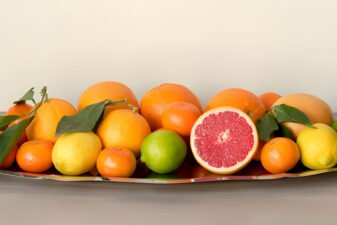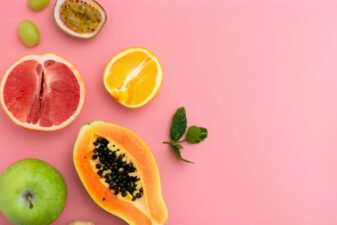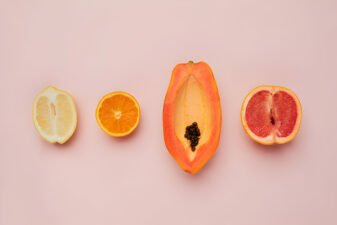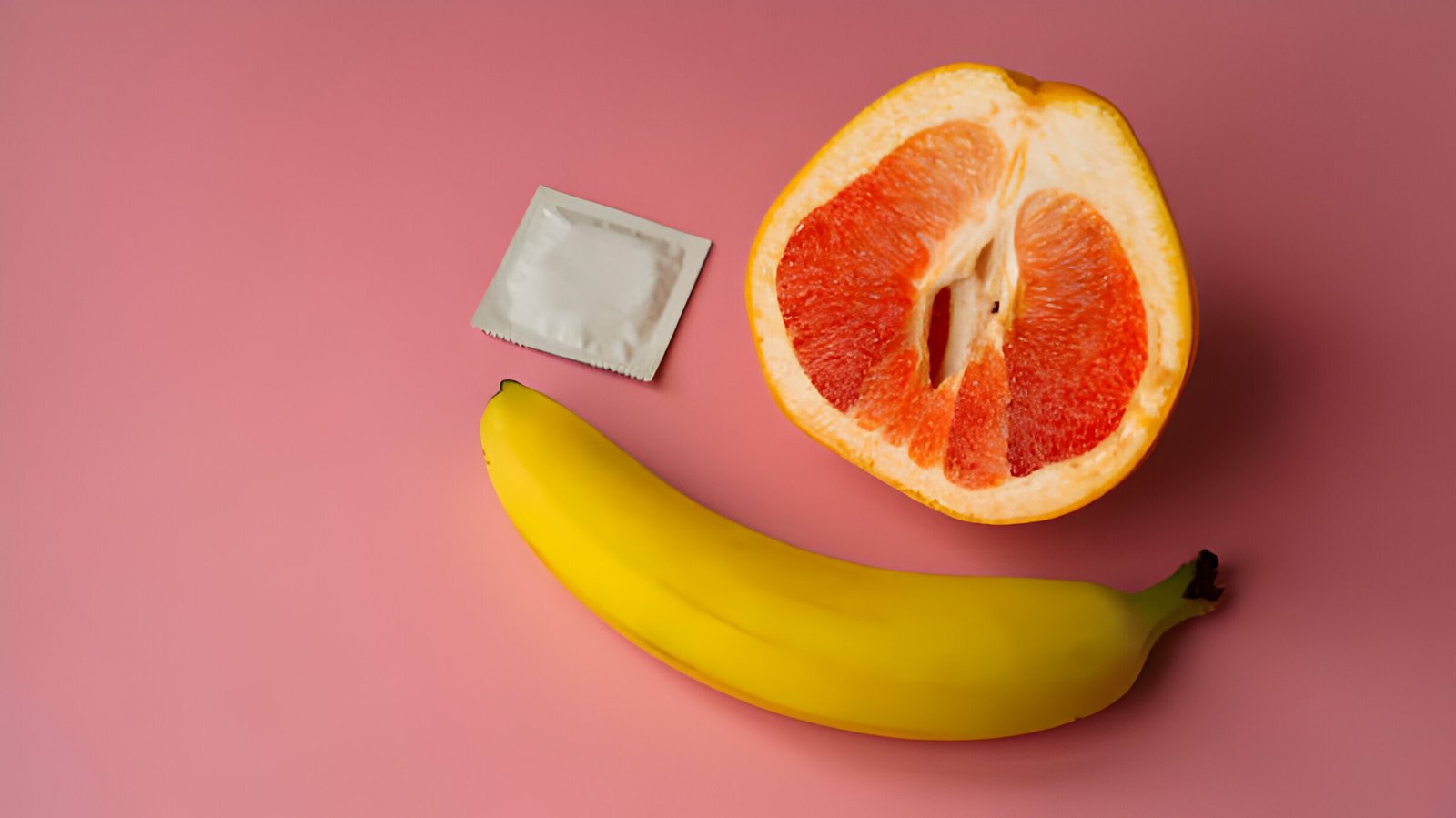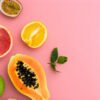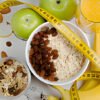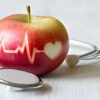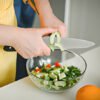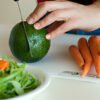5. Reduce Intake of PMS Problem Foods
Certain foods exacerbate the side effects and symptoms of premenstrual syndrome, and are best avoided. Such problem foods include:
Caffeine
Reduce or caffeine in any form: coffee, tea, cola soft drinks and chocolate. Caffeine is a stimulant that may induce irritability, anxiety, depression, nervousness, headaches and insomnia. Drink herbal or fruit teas, grain coffees or hot/cold water with lemon. Fennel tea is especially effective at reducing certain PMS symptoms, such as sore breasts.
Sodium/Salt
Reduce the amount of sodium in your diet, as sodium increases water retention and symptoms of PMS like bloating. Sources of sodium include: table salt, soy sauce, salted nuts, salted snack foods, soups, some breakfast cereals, processed cold cuts, foods canned in salted water, ketchups, sauce mixes, processed cheese, margarine and butter. Also, increase your potassium intake from foods like: bananas, tomatoes, citrus fruits and most green leafy vegetables.
Dairy Products
Reduce your consumption of non-organic dairy products. These are full of estrogenic compounds and other hormones and may interfere with magnesium absorption, a mineral many PMS sufferers are deficient in. Instead, choose Soy milk or rice milk.
Alcohol
If you suffer from PMS symptoms, reduce your alcohol intake. Alcohol is bad for PMS as it upsets blood-glucose levels and inhibits the absorption and/or use of nutrients such as magnesium, zinc and certain B vitamins.
A Healthy PMS Diet Needs Exercise
Studies show that regular physical exercise relieves symptoms in many PMS sufferers. It improves lymphatic circulation, cardiovascular health and production of endorphins (the “happiness chemicals”) for reduced comfort-eating.
